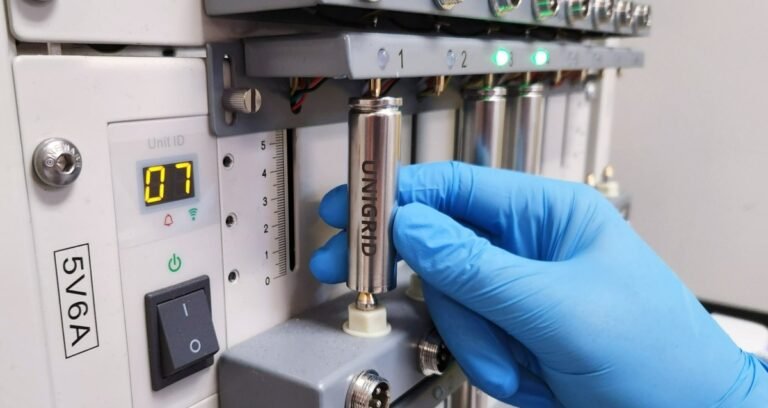Unigrid Aims to Reduce Cost and Enhance Safety of Batteries through Sodium Technology

The most widespread type of battery, lithium-ion, still costs around $140 per kilowatt-hour for a pack.
Instead, manufacturers have started to explore sodium-ion batteries, not as a replacement, but as a complement to lithium-ion.
To deliver that many batteries, Unigrid isn’t going to be building its own factories.
Small vehicles like these are popular in India and Southeast Asia, where the intense heat can make lithium-ion batteries prone to overheating.
To get its sodium-ion batteries into production, Unigrid has raised a $12 million Series A.




